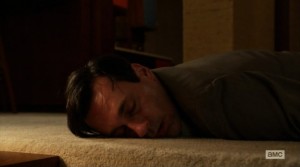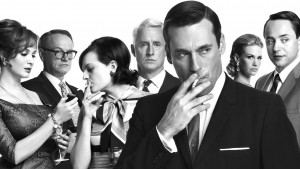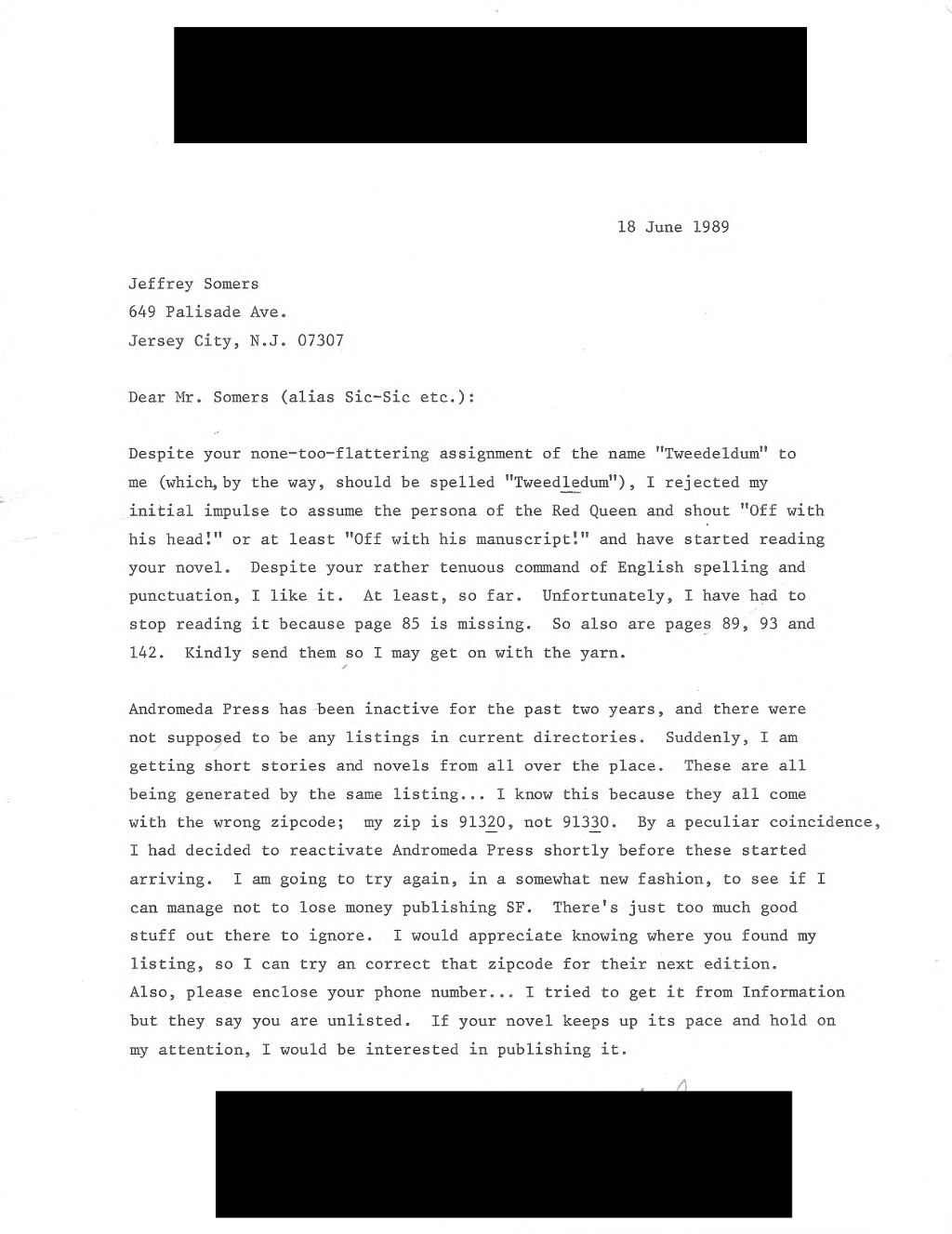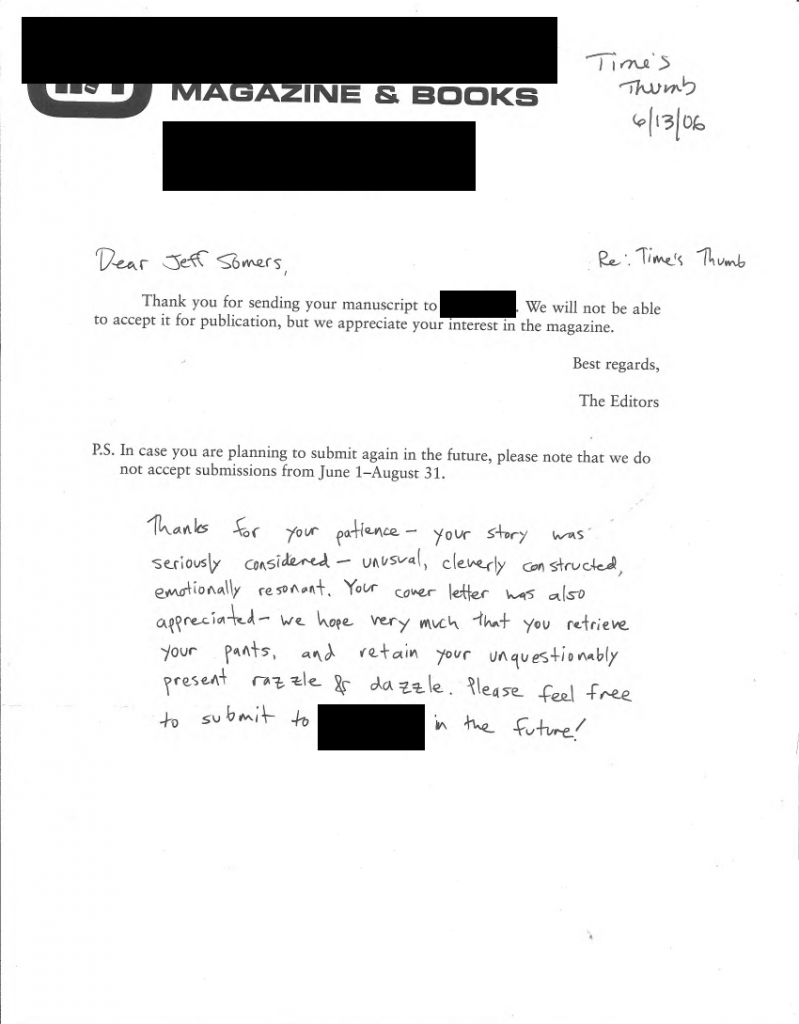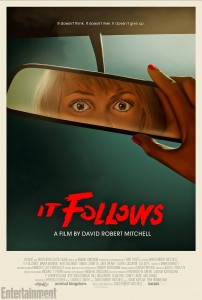Orphan Black and The Doom of Men
Orphan Black is a nifty little Sci-Fi show shown on BBC America about a young woman, a snarky grifter-type from the foster system, who sees a woman who could be her twin jump to her death one night. Stealing the woman’s purse, and eventually impersonating her, she discovers that she’s one of many clones — identical physical replicas raised by a variety of parents all over the world.
There are, as you might imagine, conspiracies.
The main takeaway everyone has about Orphan Black is that one actress, Tatiana Maslany, plays all of the clones. For the most part that means she plays five distinct characters on a regular basis, and she’s played several other clones to boot. Even more impressive, she often depicts the clones impersonating each other, which is kind of mind-bending, if you think about it, because she finds little tics and ways of making it clear that this one distinct character is impersonating another distinct character. The acting she does on this show is nothing short of amazing.
That said, Orphan Black is one of those sci-fi shows that relies on a central mystery and dozens of satellite mysteries for its narrative focus and energy. That means that the first season, which was occupied with introducing the mythology of the clones, the clones themselves, the bad guys, and several double-crosses and unexpected twists, rolled along like a bus on fire. Since then, the show has suffered quite a bit from terminal Exponential Complexity.
Nesting Doll Plotting
The problem is simple: On a show like this, you can never actually solve the mystery. If you solve the mystery, the show is over. Lost was like that, and like that earlier show Orphan Black faces a problem: People want the mystery solved. We watch, at least in part, because we want the mystery solved. We can tolerate a slow solution, we can tolerate twists and heel turns, but eventually we need to feel like the story is moving forward to a solution that makes sense.
So, Orphan Black is doing what a lot of shows before have done in response to this problem: They solve a mystery here and there, but introduce two more at the same time. So, while in a sense the audience knows more about the universe of Orphan Black than they did back in Season One, in fact they know about the same proportion of information because the writers keep introducing new aspects that come with their own mysteries.
For example, in the first two seasons we were aware of the female clones, known collectively as Project Leda. At the end of Season Two it was revealed that there were also male clones from the same genetic material, known collectively as Project Castor. So while we know a bit about how the Leda clones came to be and what they’ve been up to, the Castor clones were a whole new mystery.
This strategy works for a while, but eventually becomes cumbersome. At this point in the show, the main character, Sarah, hasn’t had a good night’s sleep or a normal day in what seems like forever. It’s been a never-ending slog of investigation, impersonation, capture, torture, escape, shocking revelation, and the occasional clone dance party (Google it). It’s exhausting to imagine her having even more adventures as time goes on, only to continuously reveal even more mysteries, even more powerful villains who outrank who we previously thought were the Big Bads, and have to laboriously retcon story decisions that don’t make a whole lot of sense otherwise.
Eventually, it simply becomes untenable. Eventually, we can’t suspend disbelief any more. I don’t think the show is quite there just yet, but it’s inevitable. The British system of treating shows like one-off miniseries would be better: Tell a story, finish the story, and then, if there’s interest, set a wholly new story in the universe. It would save us all a lot of sadness.



